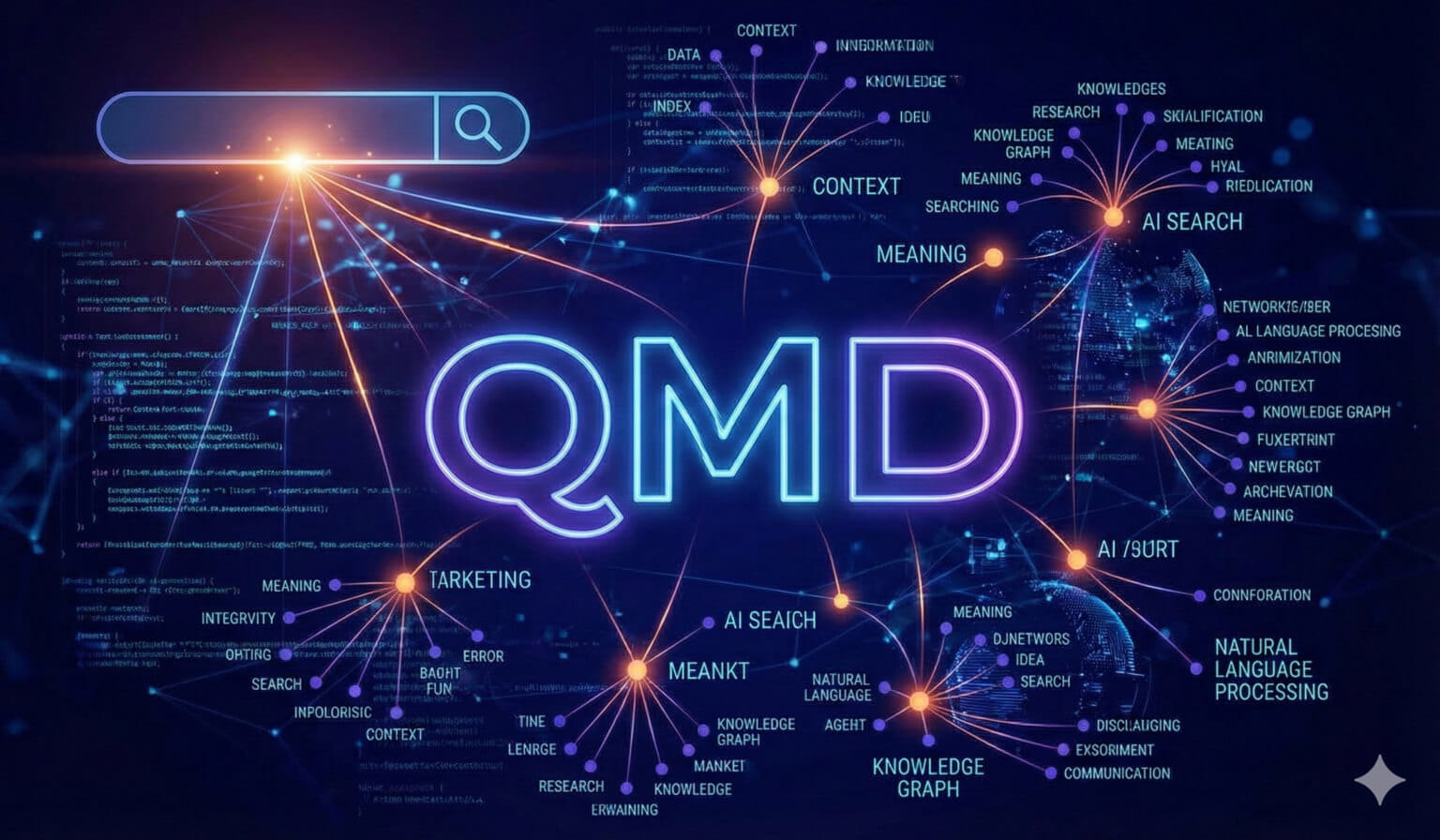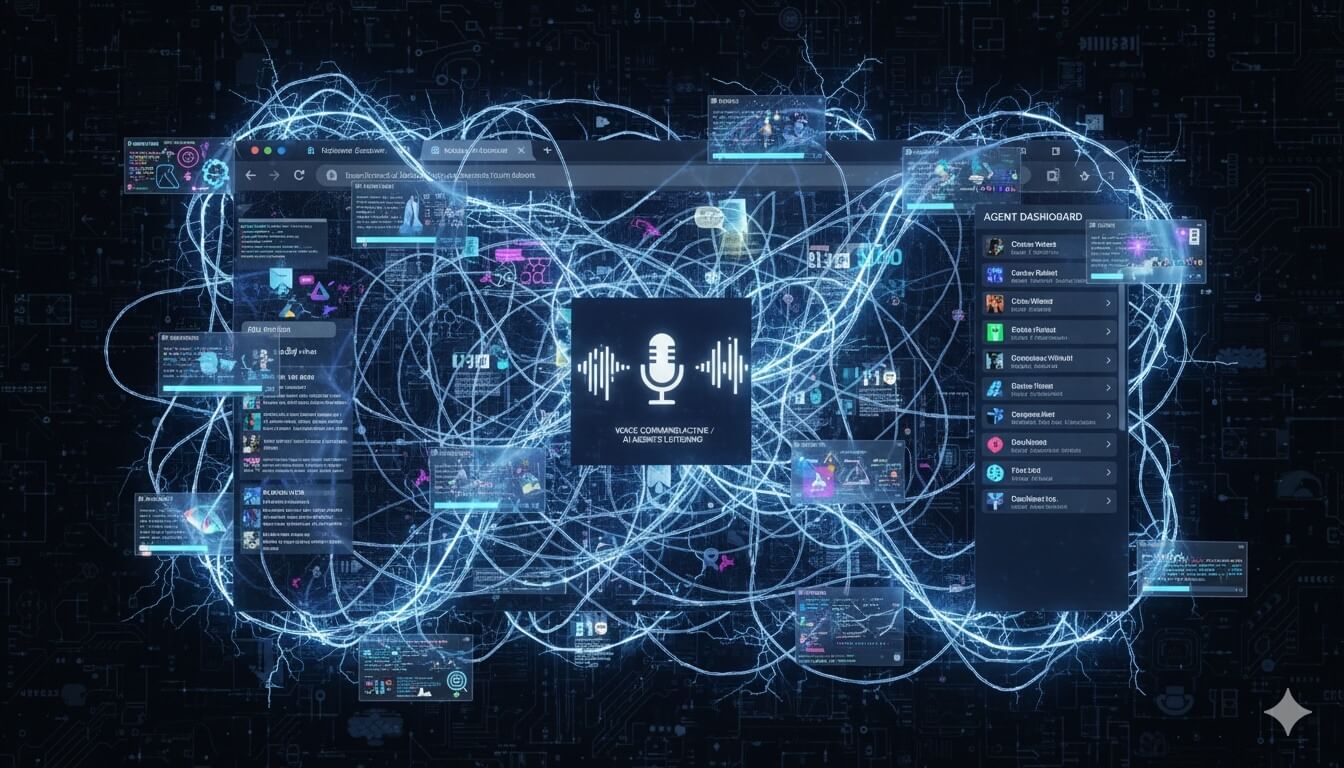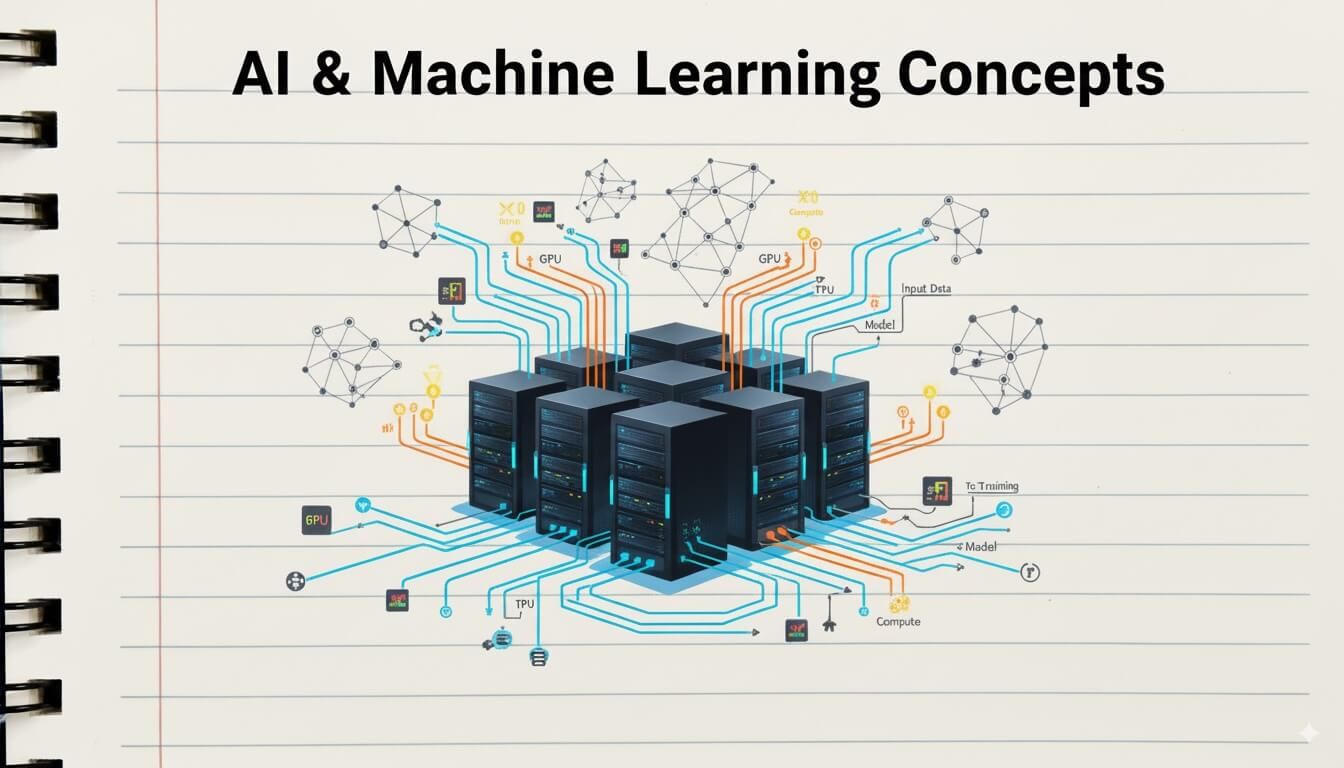Artificial intelligence has rapidly transitioned from niche research to the forefront of software engineering.
If you’re a developer or IT professional in 2025, you can’t ignore it. AI is shaping everything from coding assistants to enterprise-scale infrastructure.
But here’s the challenge: it’s not enough to simply use AI tools. To truly thrive, you need to understand how AI works, how to engineer reliable systems, and how to navigate the ethical and social dimensions of the technology.
Books remain one of the best ways to gain that depth.
While tutorials and blog posts are great for quick wins, books provide structure, narrative, and big-picture clarity.
In this article, I’ll walk you through the eight best AI books for developers and software engineers in 2025 — covering foundations, engineering, conceptual clarity, and ethics.
Foundational Knowledge: Best Introductory AI Books
1. The Hundred-Page Machine Learning Book (Andriy Burkov)
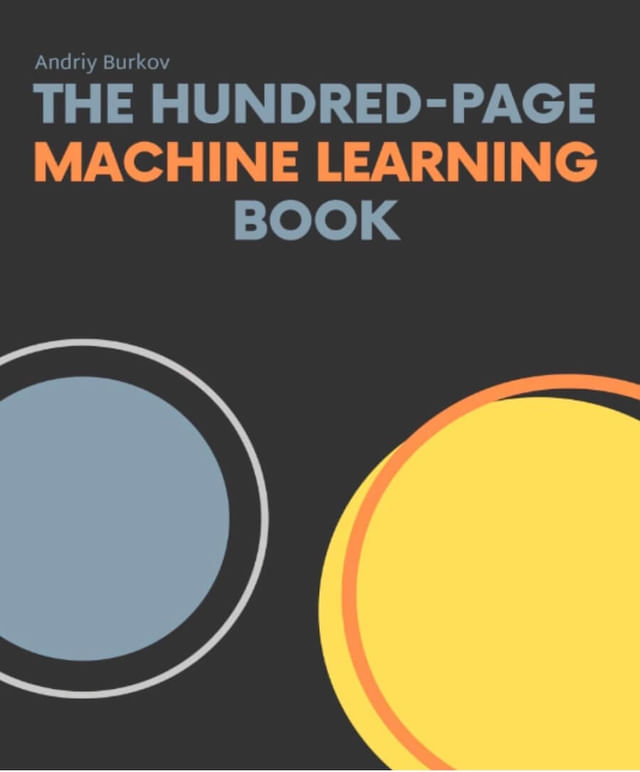
This book is concise, practical, and approachable. It condenses the essentials of machine learning into approximately 100 pages. Burkov covers supervised and unsupervised learning, deep learning fundamentals, model evaluation, and even touches on ethics—all in a way that’s digestible for working developers.
Instead of wading through 1,000+ pages of theory, you’ll get the core building blocks of AI you need to understand how modern models work.
It’s a perfect foundation for anyone eager to get started or needing a refresher on AI fundamentals without being overwhelmed.
Get it on Amazon →
2. The Alignment Problem (Brian Christian)
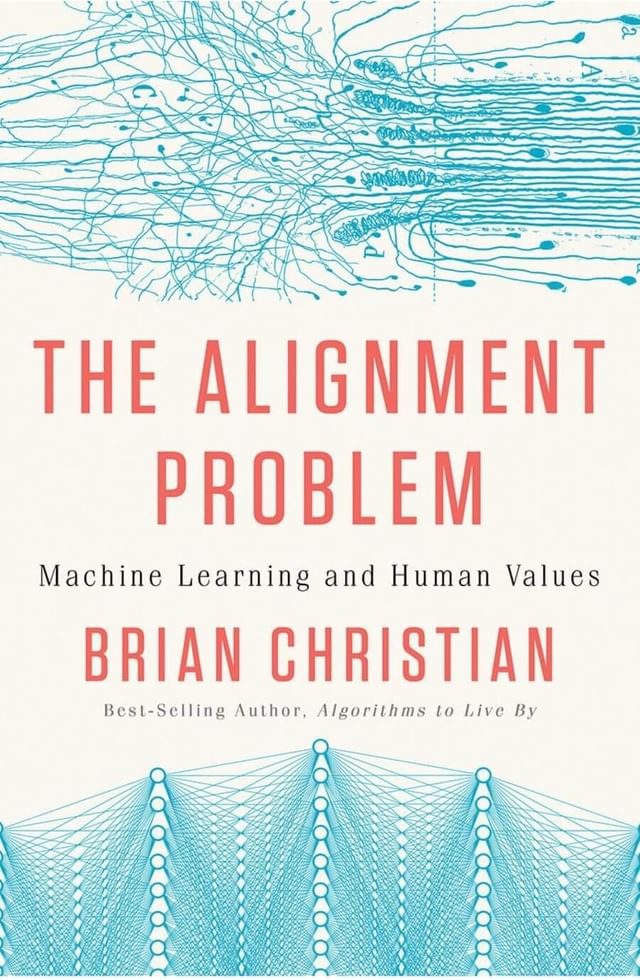
Before diving headfirst into code, it’s worth pausing to think about values. This book tackles the deceptively simple question: how do we make AI systems do what we actually want?
Christian unpacks research stories about fairness, bias, and alignment, making technical ideas accessible without watering them down.
For developers, it’s a reminder that every line of AI code lives inside a world of messy human goals.
Get it on Amazon →
AI Engineering & Systems: Building Reliable Applications
3. AI Engineering (Chip Huyen, 2025)
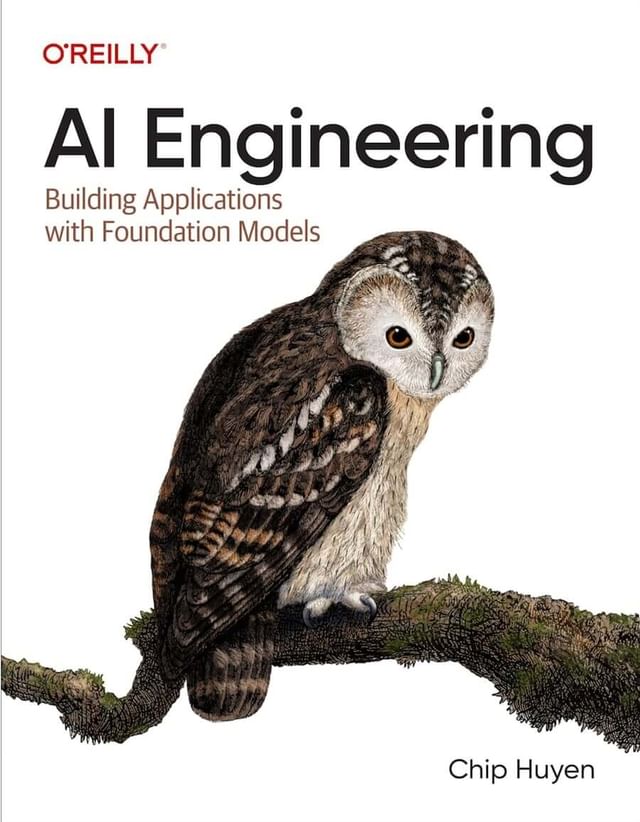
If there’s one book every aspiring AI engineer should read this year, it’s this. Chip Huyen distills years of experience at Google, Netflix, and NVIDIA into a hands-on guide for building AI systems that don’t just run in Jupyter notebooks but actually survive in production.
She covers MLOps, monitoring, scaling, model lifecycle, and multi-agent systems.
For developers looking to bridge the gap between “I can use an LLM” and “I can deploy a reliable AI service to production,” this is the bridge.
Get it on Amazon →
4. The LLM Engineering Handbook (Paul Iusztin & Maxime Labonne, 2025)
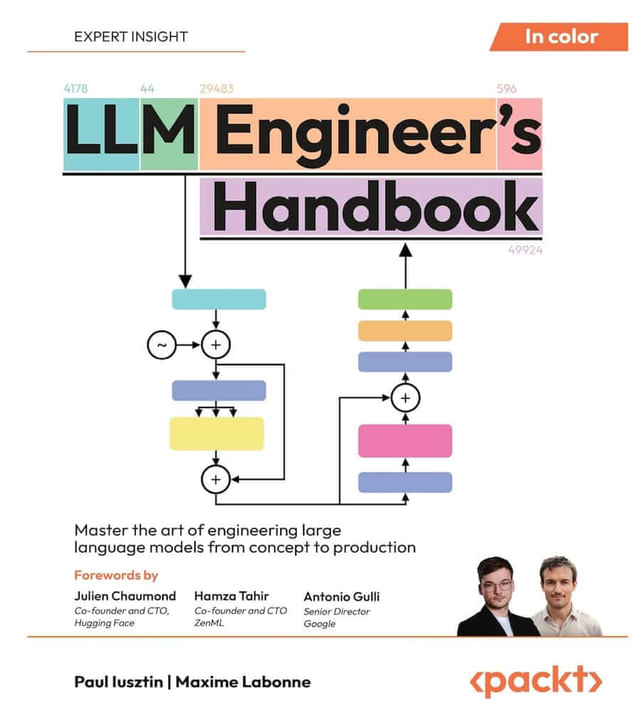
Large language models (LLMs) are the core of modern AI applications, from chatbots to copilots.
This handbook is a developer-friendly manual for building with them.
You’ll learn how to implement retrieval-augmented generation (RAG), chain-of-thought reasoning, embeddings, prompt evaluation, and AI agents.
Unlike many books that stay theoretical, this one is grounded in the tools and patterns developers are actually using in 2025.
Get it on Amazon →
5. Designing Machine Learning Systems (Chip Huyen)
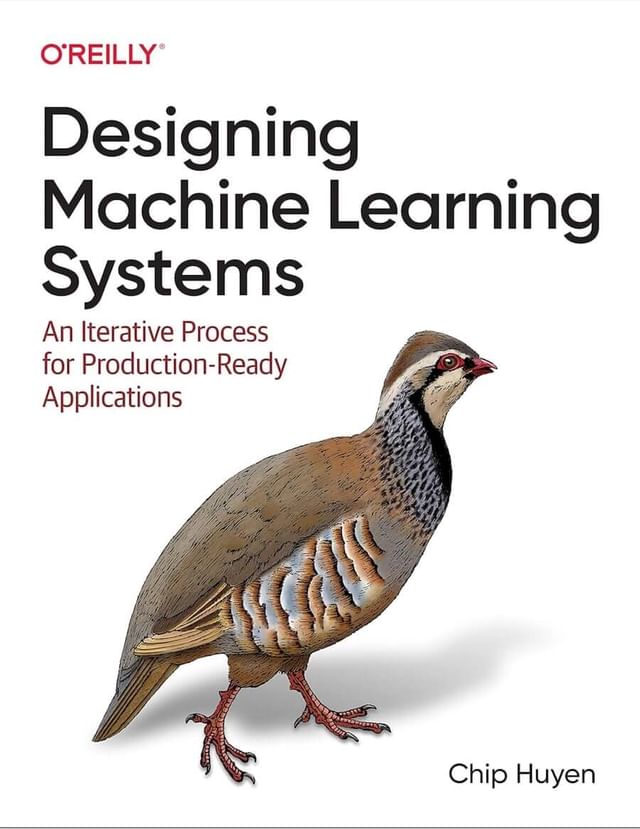
A slightly older title, but still incredibly relevant. It focuses on design patterns and architecture for scalable ML systems.
While AI Engineering is more comprehensive, this earlier work is excellent for developers who want to understand the “software engineering” mindset applied to AI: modularity, data dependencies, and system robustness.
Get it on Amazon →
Understanding AI: Conceptual and Practical Insights
6. These Strange New Minds (Christopher Summerfield, 2025)
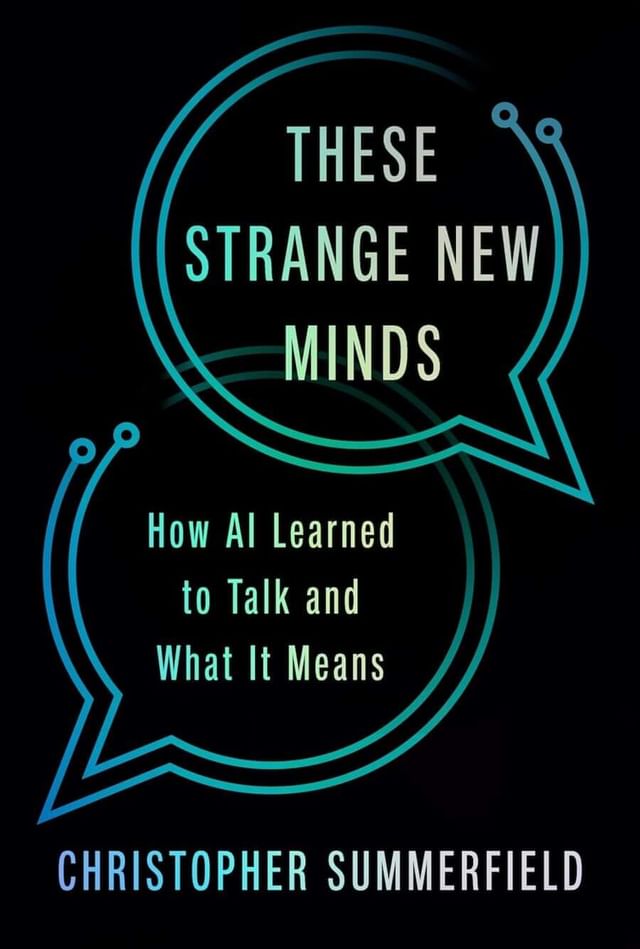
This new release is one of the clearest explanations of what large language models (LLMs) actually are.
Summerfield frames them as prediction engines, explains why they appear to “think,” and discusses both their power and their limits.
If you’ve ever wondered, “Are these models intelligent, or just autocomplete on steroids?” this book provides a thoughtful, accessible answer.
Get it on Amazon →
7. AI Snake Oil (Arvind Narayanan & Sayash Kapoor, 2024)
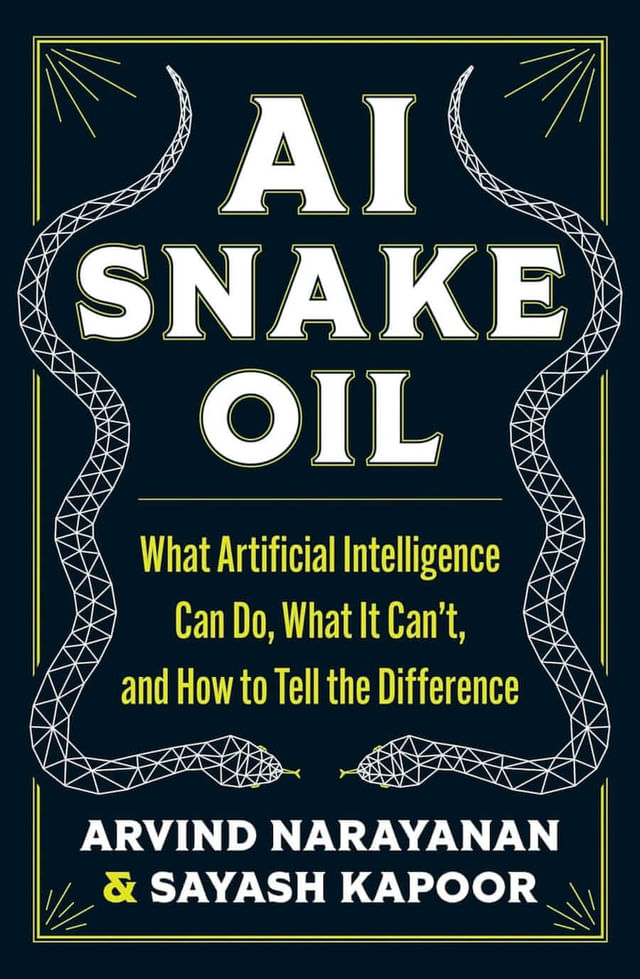
A must-read if you want to separate hype from reality. This book examines which AI applications actually work, which don’t, and how to tell the difference.
It’s a vital corrective for developers who don’t want to waste time chasing impossible promises—or worse, build systems that fail users.
Get it on Amazon →
AI Ethics and Industry Context
8. Empire of AI (Karen Hao, 2025)
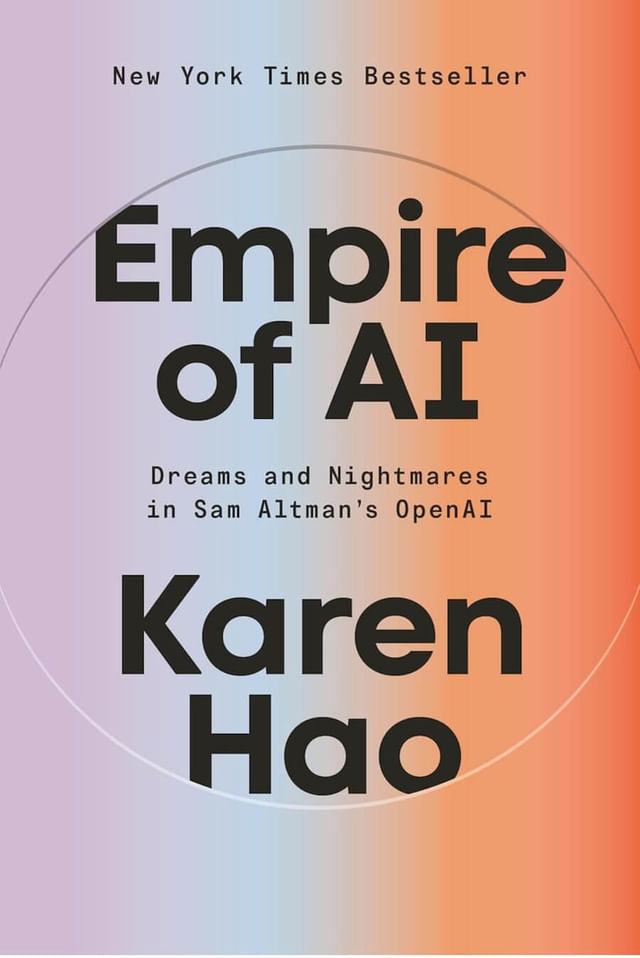
This is the behind-the-scenes story of OpenAI, its quest for artificial general intelligence (AGI), and the organizational battles along the way.
It’s part tech history, part cautionary tale, and part insight into how power and ambition shape the systems we end up coding against.
If you want to understand the AI industry, ethics, and organizational context, this book is essential.
Get it on Amazon →
A Roadmap: How to Approach These AI Books
Reading all eight of these books cover to cover might feel overwhelming. Here’s a practical roadmap for developers:
- Start with Foundations: Begin with The Hundred-Page Machine Learning Book and The Alignment Problem to get both technical basics and values. If you have to pick one, start with Burkov’s book.
- Move into Engineering: Read AI Engineering, The LLM Engineering Handbook, and Designing ML Systems to learn how to actually build and deploy. If you’re short on time, start with The LLM Engineering Handbook.
- Deepen Understanding: Pick up These Strange New Minds and AI Snake Oil to refine your conceptual clarity.
- Stay Grounded: Finish with Empire of AI to understand the social, ethical, and industry context.
Final Thoughts
AI is not just another technology stack. AI is a paradigm shift in how software is written, deployed, and used.
The best developers in 2025 won’t be the ones who just know how to call an API; they’ll be the ones who understand how AI works, can engineer robust systems around it, and know its limitations and risks.
The books above are your companions on that journey. They’ll sharpen your technical foundation, give you engineering blueprints, and keep you honest about the social stakes.
Read them, build alongside them, and you’ll be positioned not just to ride the AI wave but to actually help shape it.
This page may contain affiliate links. Please see my affiliate disclaimer for more info.
